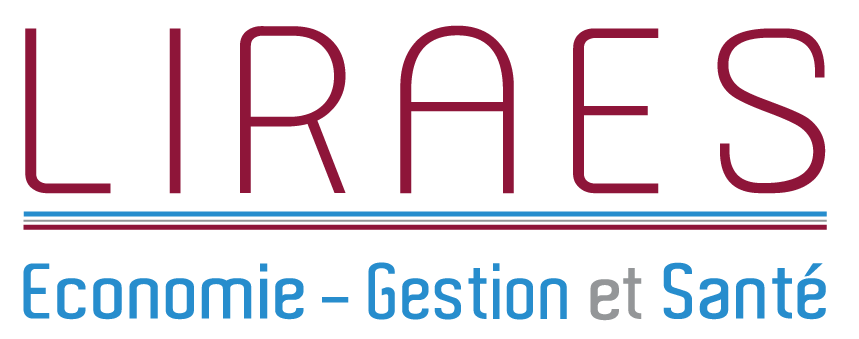Purpose
This study assessed the level of knowledge among community-dwelling older individuals about the purpose of medications and the characteristics that influenced that knowledge. We focused on drugs frequently used and/or often involved in iatrogenic events.
Methods
This cross-sectional survey included 2690 community-dwelling older adults, aged 68 years and above, who reported using at least one drug of interest, in the canton of Vaud, Switzerland. Participants reported drugs that they currently used and described their purpose. A good knowledge level was defined as knowledge of the exact purpose or identification of the anatomical system or organ targeted by the drug. We performed a multivariate logistic regression analysis to identify factors associated with a good knowledge level for all drugs of interest. Sampling weights were employed to provide representative estimates.
Results
On average, patients had good knowledge of 80.6% of the drugs reported. The highest knowledge levels were demonstrated for non-steroidal antiinflammatory drugs, antidiabetics, analgesics, and endocrinological drugs and the lowest for platelet aggregation inhibitors, minerals, anticoagulants, and other narrow therapeutic index drugs. Overall, 66% of participants had good knowledge of the purpose of all the drugs of interest. Polypharmacy and receiving help with drug management were negatively associated with good knowledge (adjusted OR 0.45; 95% CI 0.29-0.71, adjusted OR 0.20; 95% CI 0.13-0.31, and adjusted OR 0.42; 95% CI 0.18-0.99).
Conclusion
This study showed that education about drugs was lacking among patients that received multiple drugs, particularly patients that used anticoagulants and antiplatelet inhibitors.
